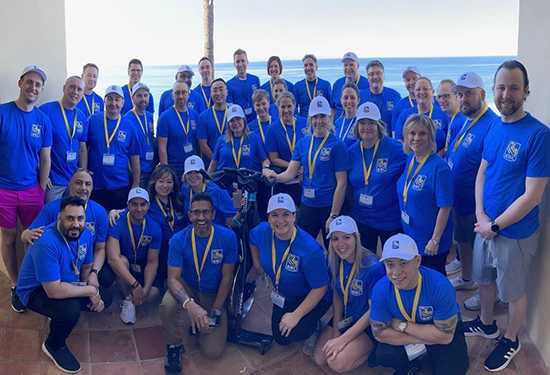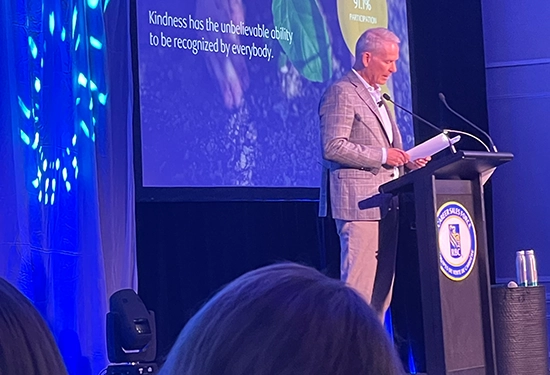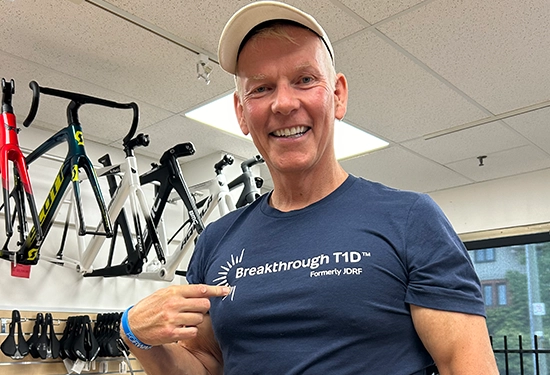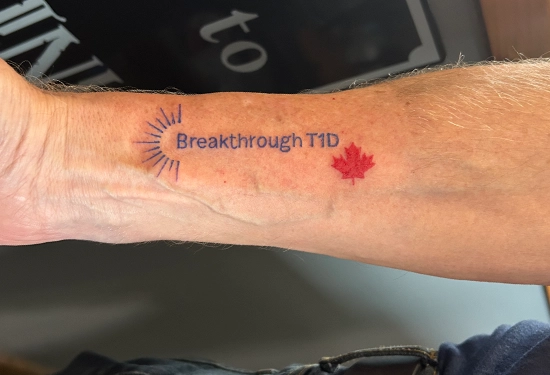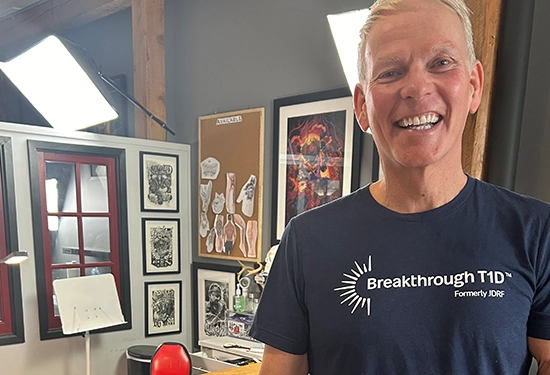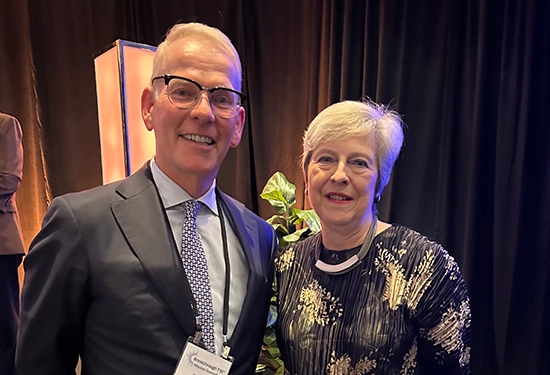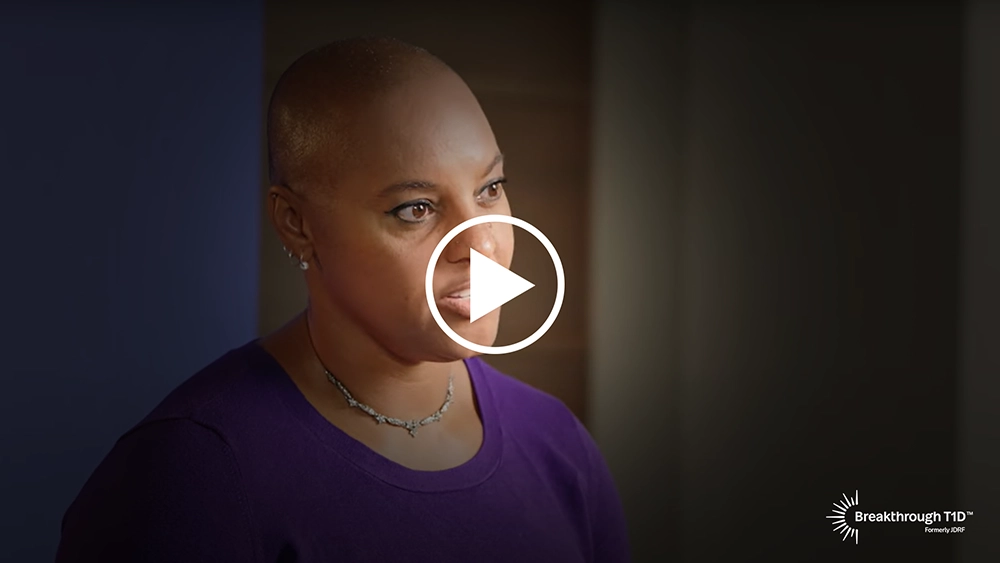
There is much uncertainty in the world right now, with changes coming so frequently it can feel hard to stay completely informed.
However, Breakthrough T1D Canada can offer certainty that our Canadian-funded researchers are making incredible progress and breakthroughs in T1D research.
Now, more than ever, research is progressing at incredible speed, we can keep that momentum going here in Canada and continue investing in the scientific discoveries that will bring us closer to cures for T1D.
We know there will be questions about how these changes will affect the T1D community going forward, including concerns about potential disruptions to insulin deliveries, devices and other diabetes supplies. Please be assured that we are working hard to gather information as it becomes available, and that we will continue to be transparent and update the community as we learn more.
It’s been said that any challenge can also be an opportunity, and we are taking that approach at Breakthrough T1D Canada.
We have world-renowned T1D researchers working right here in Canada. Canada is where insulin and stem cells were discovered, and where the Edmonton Protocol was developed. And this is why we believe that a made in Canada cure for T1D can be discovered right here too.
We’re the largest charitable funder of T1D research in Canada, and every year thanks to donors, we’re able to give transformational grant funding to the projects that will deliver high impact rather than dispersing funds in small amounts amongst hundreds of small projects.
We work hard to honour those who choose to make investments in this research, by making donor dollars go further by leveraging them against existing partnerships we have such as the Breakthrough T1D-CIHR Partnership to Defeat Diabetes, and our partnerships with Brain Canada and Stem Cell Network Canada (SCN).
Our organization has played a role in nearly every major scientific breakthrough in T1D research in the last 50-plus years, giving us an incredible track record of success.
And we know none of this can happen without the support of our advocates and volunteers. That is why we advocate with the Canadian T1D community to all levels of government for equitable access to treatments and devices, research funding, health regulatory approvals, and more. During this federal election year, we are doubling down on these efforts, with volunteer advocates nationwide championing our shared mission with their local MPs through in-person meetings, letter-writing and social media campaigns.
Since 2019, our Access for All campaign has been advocating provincial governments for more equitable access to diabetes devices including insulins, insulin pumps and technologies like advanced glucose monitors. .
You can see the most up-to-date information on coverage here: https://breakthrought1d.ca/advocacy/access-for-all/coverage-map/
The Results of Our Research Funding
The results of how we invest donor dollars, and the impact of those investments speak for themselves:
Edmonton Protocol
- Dr. James Shapiro (Alberta) led the clinical team who developed the groundbreaking “Edmonton Protocol” for successful islet transplantation, first reported in 2000 and supported by Breakthrough T1D (formerly JDRF). Canada is one of the few countries in the world where clinical islet transplantation is available outside of a research setting.
Disease Modifying Therapies
- We invest in research around disease-modifying therapies – therapies that slow or stop the disease, rather than just treating the symptoms.
- For example, Dr. Jan Dutz (BC) is leading a clinical trial to test whether a biologic drug called ustekinumab (known on the market as Stelara) in adults with newly diagnosed with T1D can protect insulin-producing beta cells, stopping T1D in its tracks.
- Breakthrough T1D donors contributed to research into the development of Tzield, the first disease-modifying therapy approved for T1D in the USA.
Beta-Cell Replacement
- In the early 2000s, Breakthrough T1D started making substantial investments into beta cell replacement research to help the field develop approaches to replace insulin-producing cells lost in people with T1D.
- Dr. Timothy Kieffer (British Columbia) was one of the first researchers in the world to show in 2014 that human stem cells can be differentiated into glucose-responsive insulin-producing cells. The procedure these researchers developed set the stage for clinical trials now in progress.
- Advancements in stem cell-based therapies for T1D are continuing here in Canada. Vertex trials have thus far reported reduced insulin requirements in several trial participants, including three who are off insulin entirely, and no safety concerns.
By the Numbers
- Breakthrough T1D Canada is committed to driving research excellence forward for everyone, everywhere living with T1D:
- 70 active research grants in Canada
- 10 Breakthrough T1D-funded clinical trials active in Canada
- $10M to T1D research in Canada in 2024
- Approximately 500 mental health providers completed our Mental Health + Diabetes training program to improve access to these services for people living with T1D

We know that research works
The transformational breakthroughs Breakthrough T1D has helped fund—including diagnostics, medications and devices—are now helping people with T1D live longer, healthier lives. In the last 50 years of progress, 25 years have been added to the lifespan of a person receiving the latest care in Canada.
Together with our Canadian T1D community, we will remain strong
Canada continues to play a leading role in changing the landscape of T1D research, globally. We want to continue to shine the spotlight on Canadian-led research and our advocacy work to make sure those living with T1D are not forgotten or left behind.
We are incredibly grateful to our donors who continue to support this critical work in these uncertain times. It is crucial that we remain steadfast in our investment in groundbreaking Canadian T1D research today and ensure the pace of progress isn’t slowed down.
We are all in this together.
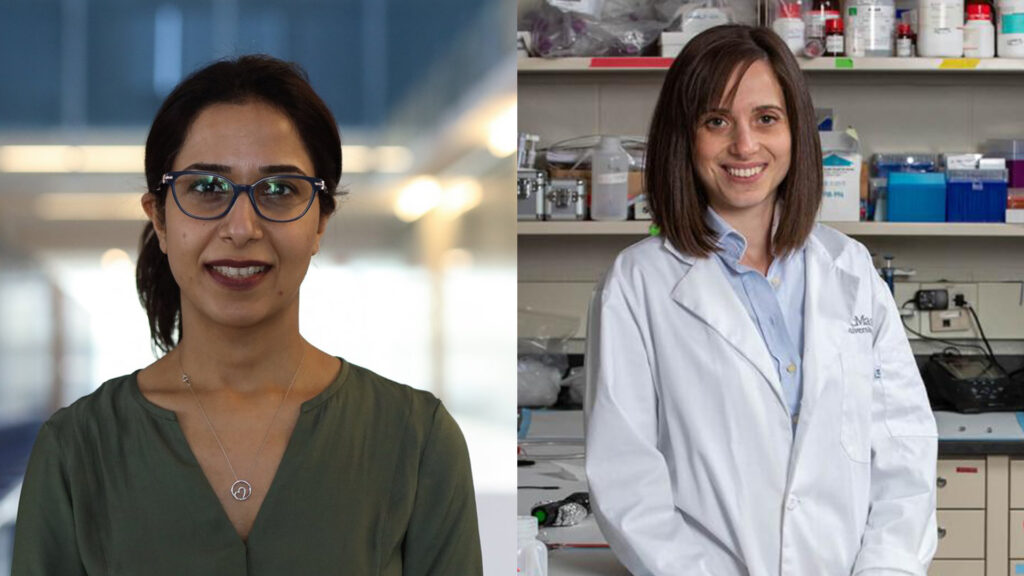



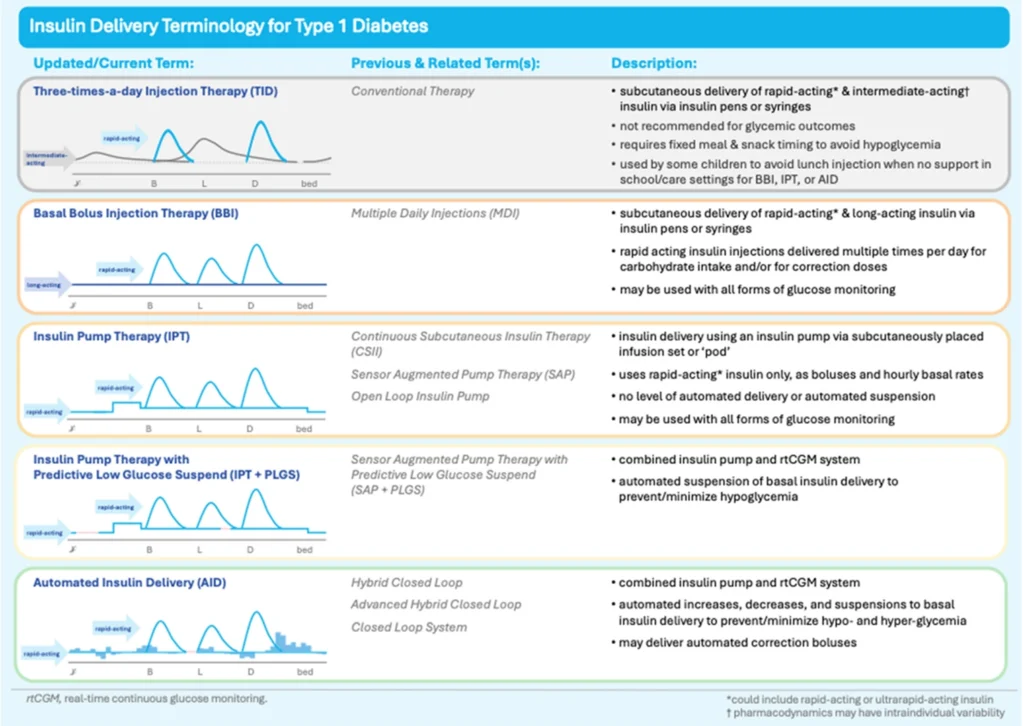




 For newly diagnosed families, learning the calculations of carbs against insulin needs can be challenging at first, but with practice and consistency this should become easier over time. And even for people who have been living with T1D for decades, the sugar or carb counts of certain foods can vary, either by brand or a change to the product.
For newly diagnosed families, learning the calculations of carbs against insulin needs can be challenging at first, but with practice and consistency this should become easier over time. And even for people who have been living with T1D for decades, the sugar or carb counts of certain foods can vary, either by brand or a change to the product.  There is a free version and a paid version which has more features. The app is compatible with iOS and Android.
There is a free version and a paid version which has more features. The app is compatible with iOS and Android.

